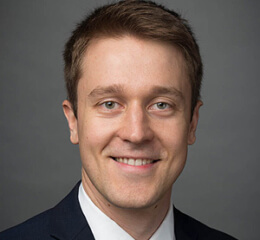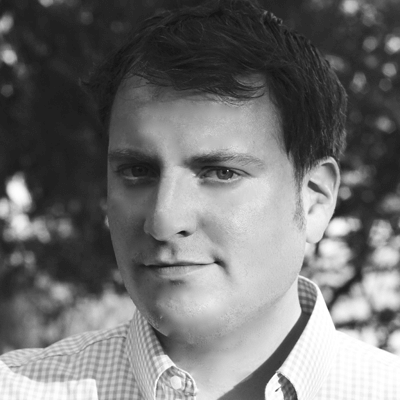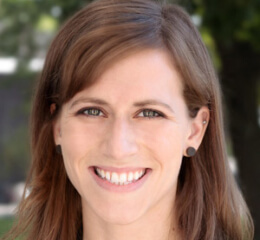The acquisition and deployment of human capital in the market drives advances in productivity. The extent to which someone is rich or poor, experiences family instability, faces discrimination, or grows up in an opportunity-rich or opportunity-poor neighborhood affects future economic outcomes and can subvert the processes that lead to productivity gains, which drive long-term growth.
How does economic inequality affect the development of human capital, and to what extent do aggregate trends in human capital explain inequality dynamics? To what extent can social programs counteract these underlying dynamics? We are interested in proposals that investigate the mechanisms through which economic inequality might work to alter the development of human potential across the generational arc, as well as the policy mechanisms through which inequality’s potential impacts on human capital development and deployment may be mitigated.
- Economic opportunity and intergenerational mobility
- Economic instability
- Family stability
- Neighborhood characteristics
Experts
Explore other grant categories
Our funding interests are organized around the following four drivers of economic growth: the macroeconomy, human capital and the labor market, innovation, and institutions.





